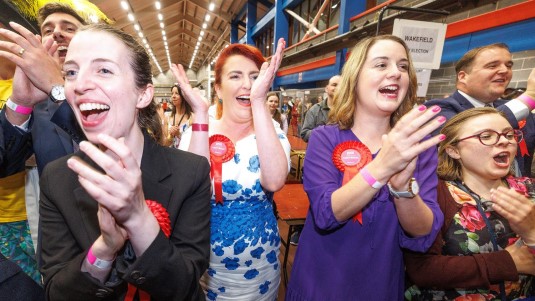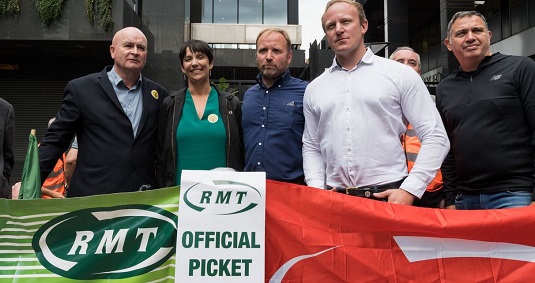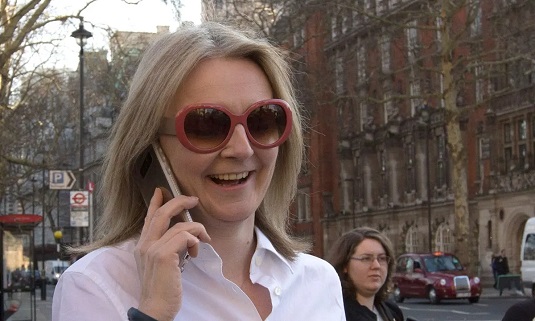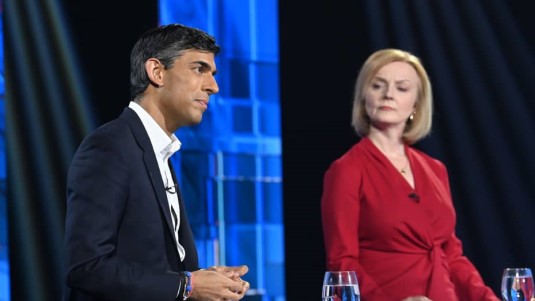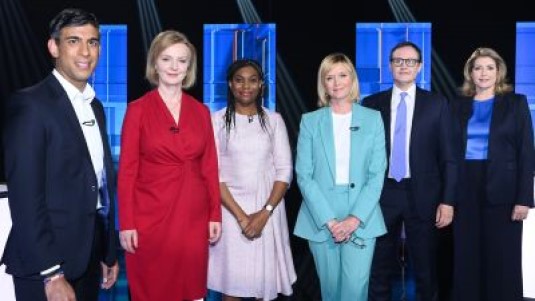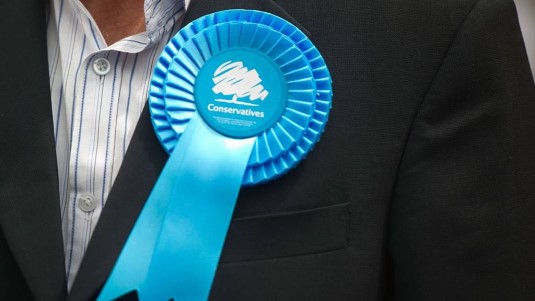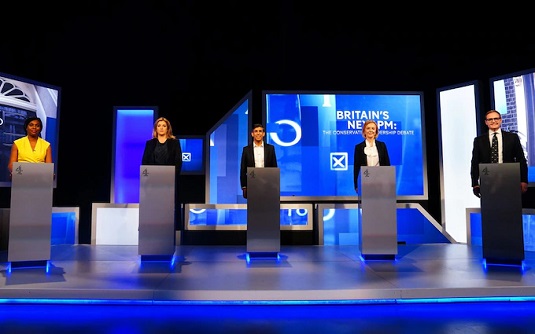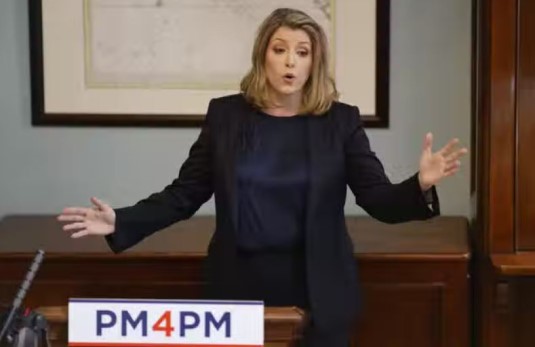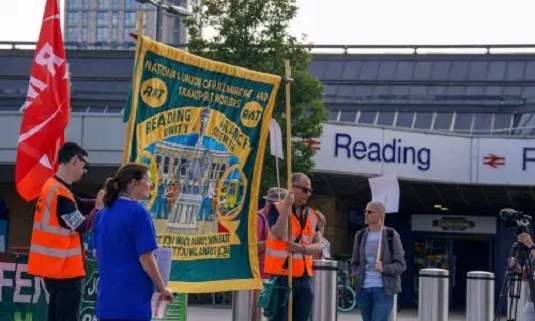
Taking to the pages of the Telegraph last Tuesday, Shapps said the Tories must "complete Margaret Thatcher's unfinished business." Framed by a litany of lies that come as freely to Tory ministers these days as brown envelopes from Russian oligarchs, Shapps's proposal is to ban strikes by different unions in the same workplace within a set period. For instance, if the RMT-organised railway staff are striking Thursday, ASLEF train drivers would not be allowed to walk off the job on Friday. Pickets for "critical national infrastructure" would be limited to six people, and Shapps would send the coppers down to striking workers to make sure they don't use "intimidatory language". The ballot paper would, by law, have the industrial action proposed written on it, and he implies the six month-long time period covered by the vote could be shortened. He also suggests 60 day cooling off periods after each strike. Shapps also wants to raise the notice period from two to four weeks, and the turnout threshold from 40% to 50%. In other words, the most restrictive labour laws ever seen in a Western liberal democracy are going to get even more repressive.
You can understand why the Tories are twitchy about the RMT and the sudden prominence of Mick Lynch. His plain-speaking media performances, and that of Eddie Dempsey have successfully challenged the dominant framings the Tory and Tory-adjacent broadcasters and newspapers have foisted on the dispute. Helping matters along is certainly the cost of living crisis and inflation. Masses of people tend to break with dominant and official narratives when what is propagated contradicts their lived experiences. Even the most right wing, anti-union, dyed-in-wool Tory supporter can't but notice the galloping fuel bills and the edging upwards of supermarket prices, and acknowledge that what the train companies are offering, at the government's behest, is a pay cut. It's on occasions like these when millions of people start questioning the old and start thinking anew - something Mick has recognised and used his platform to encourage. Even more worrying for the Tories, telecoms workers have come out, and posties, teachers, HE workers, nurses, doctors are about to or have threatened ballots of their own. And all this comes after a couple of years of relatively low-level but successful disputes by the new wave of independent unions, particularly in the gig economy, and key wins by the GMB and Unite. Both unions fought and won their pay claim against British Airways by threatening industrial action, and now pilots are threatening strikes after BA cut their salaries by a fifth during the acute moment of the pandemic and have not restored them. Furthermore, Unite won against Coventry City Council in the long running and bitter bin workers' dispute. Nothing breeds success like success, and all these taken together are creating the most favourable period for industrial action since the 1980s. It feels like something is in the air, because there is.
Shapps's measures are informed by this looming threat. But, given the context, is only likely to antagonise rather than browbeat the labour movement into submission. In the 1980s, Thatcher didn't finish the unions off for the simple reason that she understood hers was only a temporary victory. Had she followed up the miners' strike immediately with more repressive legislation, it would have given the labour movement a new point of unity and a fresh cause to rally against - one that would have set aside the divisions of the mid 80s. Instead she let things drift, and when the 1988 Employment Act appeared in the Commons it was mainly concerned with the internal mechanics of trade unions. The real curbs on strike action had come before Thatcher provoked her dispute with the NUM. The lesson she took was patience. She waited until the heat from 1984-5 died down, for the unions to wallow in the miasma of defeat, and then came for their privileges and added further conditions on collective action when they were weakened and demoralised. Where Thatcher came unstuck was forgetting the strategies she applied to smashing the labour movement. Having divided her opponents with some skill, her Poll Tax was a simultaneous attack on everyone. Faced with overwhelming opposition and a non-payment campaign millions strong, the game was up. Coming after her John Major was careful not to provoke such universal active opposition, and when New Labour took office Tony Blair likewise only took on comparatively small sections of the labour movement, backed by the repressive trade union legislation he did little to nothing to rectify.
What Shapps doesn't get is class relations can't be managed by coercion alone. If he pursues his schemes, presumably under Truss, he could end up not just provoking the more active unions but the entirety of the TUC. This is because he's attacking workers' bargaining positions and, also, the mediating role played by trade union officialdom between bosses and employees. Even quiescent unions like USDAW cannot tolerate so direct an attack. Shapps then is poised to make the mistake Thatcher never made in industrial relations: he's trying to assault the labour movement as a whole. And he does so in a period of labour ascendency with inflation driving workers into the unions. It's a moment the Tories could end up ruing if they persist. They could get their own way, but the antagonist they're provoking, their own internal divisions and incompetence, counts against their chances. We are cursed to live in interesting times, but one in which the spark of hope for labour has lit up again.
Image Credit
